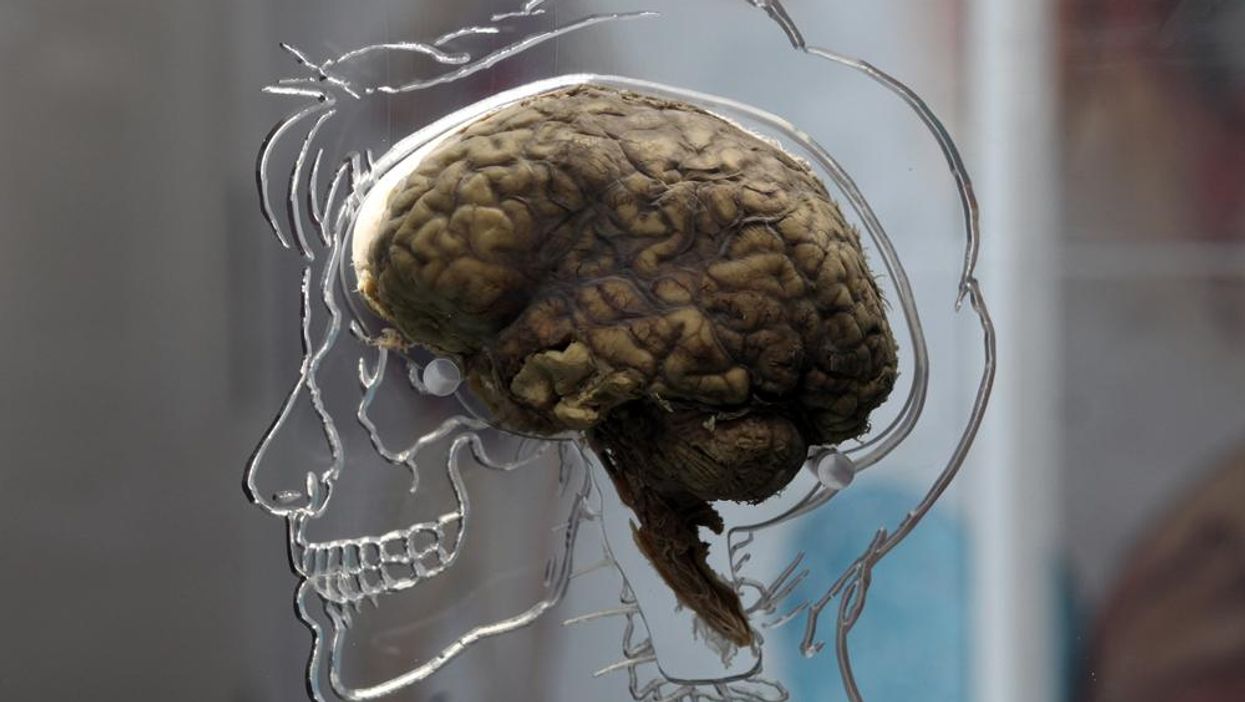Viral
Dina Rickman
Jan 16, 2015

Psychologists have managed to successfully convince students they were involved in crimes that they did not actually commit after a series of "friendly" interviews, a new study shows.
Sixty university students were involved in the research, with psychologists asking permission from their parents or primary caregivers to implant the false memories. Psychologists obtained details about the students' lives from their caregivers, meaning the false stories all involved some true details.
Students were brought into a lab for three 40 minute interviews that each took place a week apart. Half of the students were told they had committed a crime such as assault, assault with a weapon or theft. The other 30 were told about an "emotional" false event such as a dog attack or a loss of money or personal injury.
In the first interview students were told about three events: two which actually happened and then the crime or emotional event. They were then asked to explain the events to the researcher. In the second and third interviews students were also asked to explain as much as they could about the events.
After testing, researchers found they had managed to form false memories in 71 per cent of the people who were told they had committed a crime (21 out of 30) and 76 per cent of people who were told about the 'emotional' event.
"All participants need to generate a richly detailed false memory is 3 hours in a friendly interview environment, where the interviewer introduces a few wrong details and uses poor memory-retrieval techniques," lead researcher Julia Shaw said.
More: Constructing Rich False Memories of Committing CrimeMore: Your brain is wired for kindness
Top 100
The Conversation (0)














